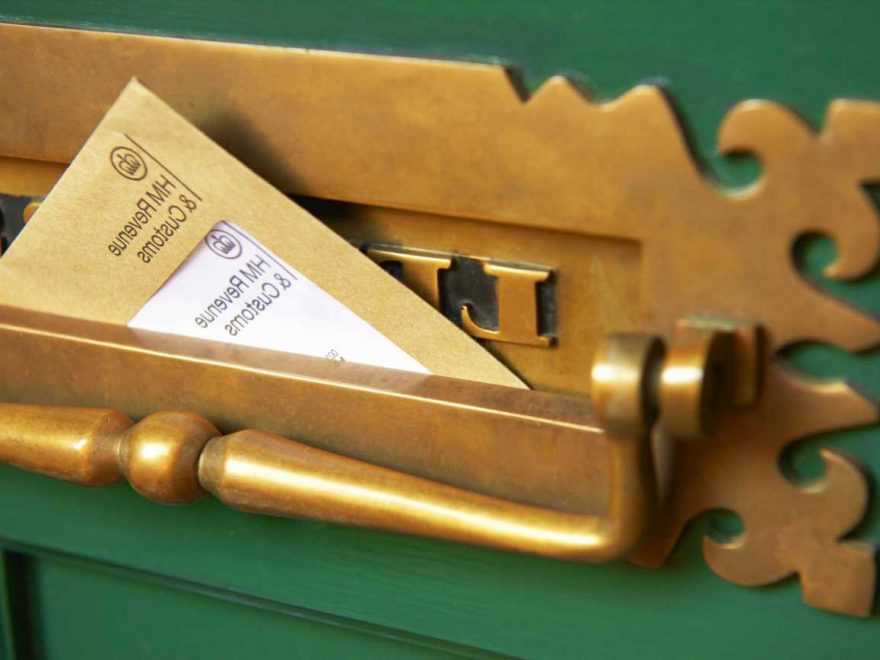BRITS getting tax credits have one week left to update HMRC about any change to working hours or risk being fined.
A temporary rule meant anyone getting the benefit who was working reduced hours because of Covid did not need tell the taxman.

But the rules returned to normal last month on November 25 and changes must be reported within one month.
That gives anyone affected until December 25 to notify HMRC of any change to their circumstances – or they could have to pay a penalty of hundreds of pounds.
Working tax credits are for those who are earning a low income from work and nearly two million Brits get it.
You are entitled to a basic amount worth up to £2,005 per year, and you might get extras on top.
The amount you get is worked out based on the hours you work, so changes after November 25 could see your tax credits go up or down, depending on the change.
You could be hit with a £300 fine iIf you don't report any changes from now on.
Most read in Money

WEE PROBLEM
Studio flat costs £1,250 per month to rent – but can YOU spot what's missing?

Four ways struggling families can get FREE cash to help pay for food this Xmas

I lost £300M Bitcoin after tossing hard drive, I've hired NASA expert to find it

Martin Lewis says 1m Brits are missing out on hundreds in Universal Credit
And that can increase by up to £60 a day if you don't pay the original amountt.
Myrtle Lloyd, HMRC’s director general for customer services, previously said it was "vital that Working Tax Credit claimants update HMRC with their working hours if they have reduced and won’t return to their normal level".
You need to tell HMRC about changes to your work, such as being made redundant or a change to hours.
That's because it can affect the amount of tax credits you're entitled to. If you get more than you are entitled to, you'll usually have to pay back the extra too.
You can report changes online on the government's website in the same place you'll be able to find your current working tax credit details.
You can also contact HMRC on 0345 300 3900 for questions about tax credits.
If you receive tax credits you're not actually entitled to you will be urged to repay the money, so it's a good idea to make sure all your details are up to date to avoid any further penalties.
You have a month to do this after the November 25 cut off, so after December 25, 2021, you might find you incur the penalty for failing to do so.
What are working tax credits?
You can no longer apply for working tax credit – it has been replaced by the Universal Credit system, which you can apply for instead.
Anyone who already receives Tax Credits must renew them every year, or miss losing out on thousands of pounds.
Working Tax Credits are for those who are earning a low income from work.
There's also Child Tax Credits are for those with kids who may or may not be working.
You could claim one or both tax credits and both aim to help households on lower incomes to cover everyday essentials.
The payment is made by the government to those who are eligible, depending on how much you earn, how many hours you work, whether you have kids (and their age).
In most cases, you will have to make a claim for Universal Credit because Tax Credits are being replaced.
But, if you previously made a claim for Working Tax Credits or Child Tax Credits in the last tax year, you may still be able to apply.
ou must work a certain number of hours a week to qualify. These limits are:
- Aged 25 to 59 – at least 30 hours
- Aged 60 or over – at least 16 hours
- Disabled – at least 16 hours
- Single with one or more children – at least 16 hours
- Couple with one or more children – usually, at least 24 hours between you (with one of you working at least 16 hours). There are some exceptions that are detailed on the gov.uk website.
You can use the tax credits calculator to check if you work the right number of hours.
We pay for your stories!
Do you have a story for The Sun Money team?
Email us at [email protected]
Source: Read Full Article
